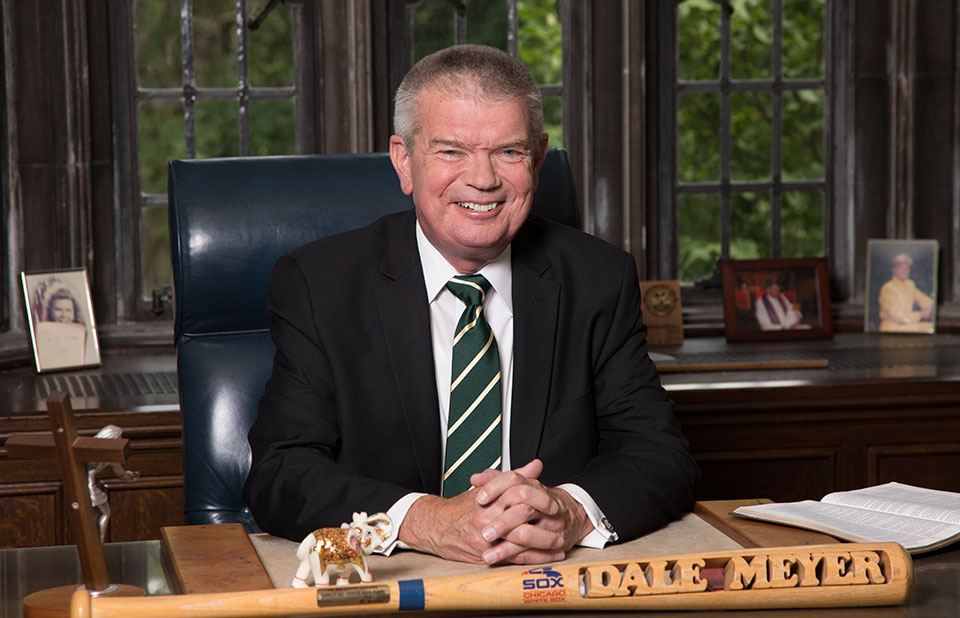
Concordia Seminary Newsroom
Dear alumni

October is “Pastor Appreciation Month,” and I’ll take the liberty of including our deaconesses and all who have come through our Graduate School. Your congregation is where ministry is really happening. We want to be helpful to you. Our faculty is increasingly focused on providing resources to you — resources that are theologically faithful but also timely and relevant to the challenges we face in this radically changed culture.
As we consider the changed cultural context in which you lead, we know that congregational ministry is more important than ever. Congregations have traditionally been “mediating institutions” that help individuals understand themselves in the light of Law and Gospel. They have helped individuals live as redeemed members of their communities and nations. In recent decades contradictory trends have weakened the mediating role of congregations. On one hand, hyper-individualism has made everyone his or her own god, but on the other hand — and this goes against individualism — people have grown to rely upon centralized institutions, like government, to fix their needs. Mediating institutions like congregations, historically the link between individuals and wider community, have been weakened.
Social commentator Yuval Levin describes it well:
Individualism involves the corrosion of people’s sense of themselves as defined by a variety of strong affiliations and unchosen bonds and its replacement by a sense that all connections are matters of individual choice and preference. It breaks up clusters of people into more isolated individuals held together by more casual affinities and more utilitarian relationships — each best understood in relation to the needs and wants of the individual. Politically such individualism tends to weaken mediating power centers that stand between the individual and the nation as a whole — from families to local communities (including local governments), religious institutions, fraternal bodies, civil-society organizations, labor groups, and the small and medium-sized businesses that make up much of the private economy. In their place, it strengthens individuals, on the one hand, and a central government, on the other, since such a government is most able to treat individuals equally by treating them all impersonally. For this reason, a hyper-individualist culture is likely to be governed by a hyper-centralized government, and each is likely to exacerbate the worst inclinations of the other. (The Fractured Republic, 99-100)
Your ministry helps individuals navigate today’s culture. You are leaders in receiving people with their individual attitudes and needs, their individual angers, guilt and fears, and you share the love of Jesus for members of His Body. In so doing, you guide the body of Christ individually and corporately as we go into our respective vocations to face the challenges of living in community in our secular American culture. In today’s complex culture, the importance of congregations is amped up. These “mediating institutions” you lead are more paramount than ever.
The ultimate soul-forming institutions in a free society are frequently religious institutions. Traditional religion offers a direct challenge to the ethic of the age of fracture. Religious commitments command us to a mixture of responsibility, sympathy, lawfulness, and righteousness that align our wants with our duties. They help form us to be free. (204)
Putting them (soul-forming institutions) within the reach of as many of our fellow citizens as possible must be among our highest and most pressing civic callings. (205)
A major goal of your alma mater is to provide resources for you and your laity in congregational ministry. I hope you’ll get in the habit of checking your Seminary’s print and internet resources, attending workshops, conferences and symposia where our faculty engage, as they like to say, “in the vigorous life of the mind for the sake of the Gospel.” Pastors, deaconesses and all our graduates, we appreciate you!
Dale
Dr. Dale A. Meyer, President
Concordia Seminary, St. Louis